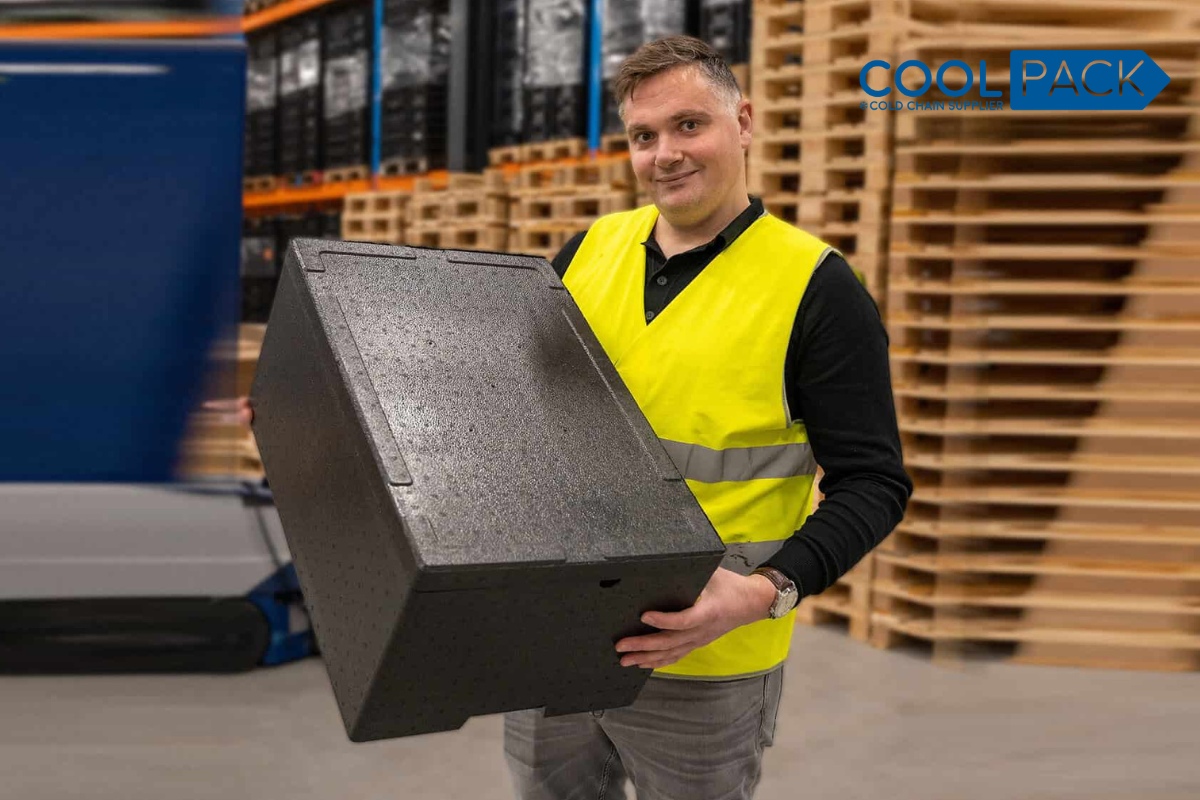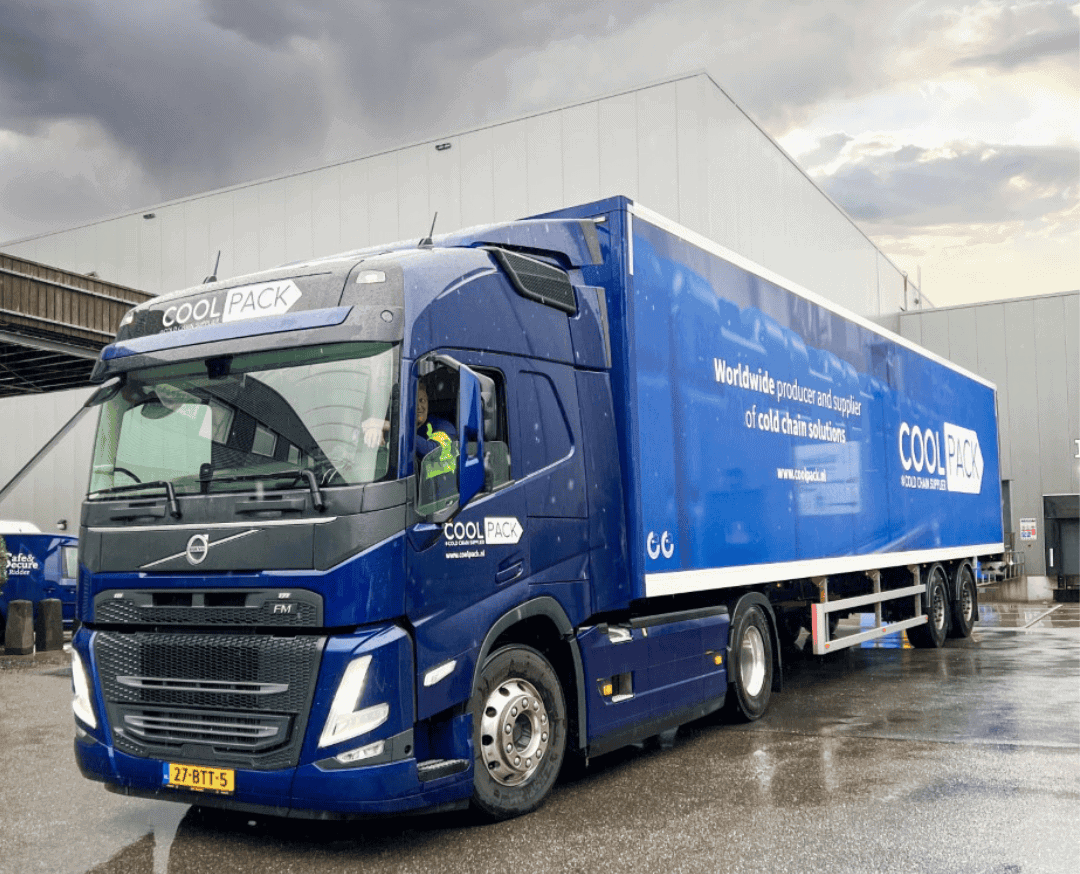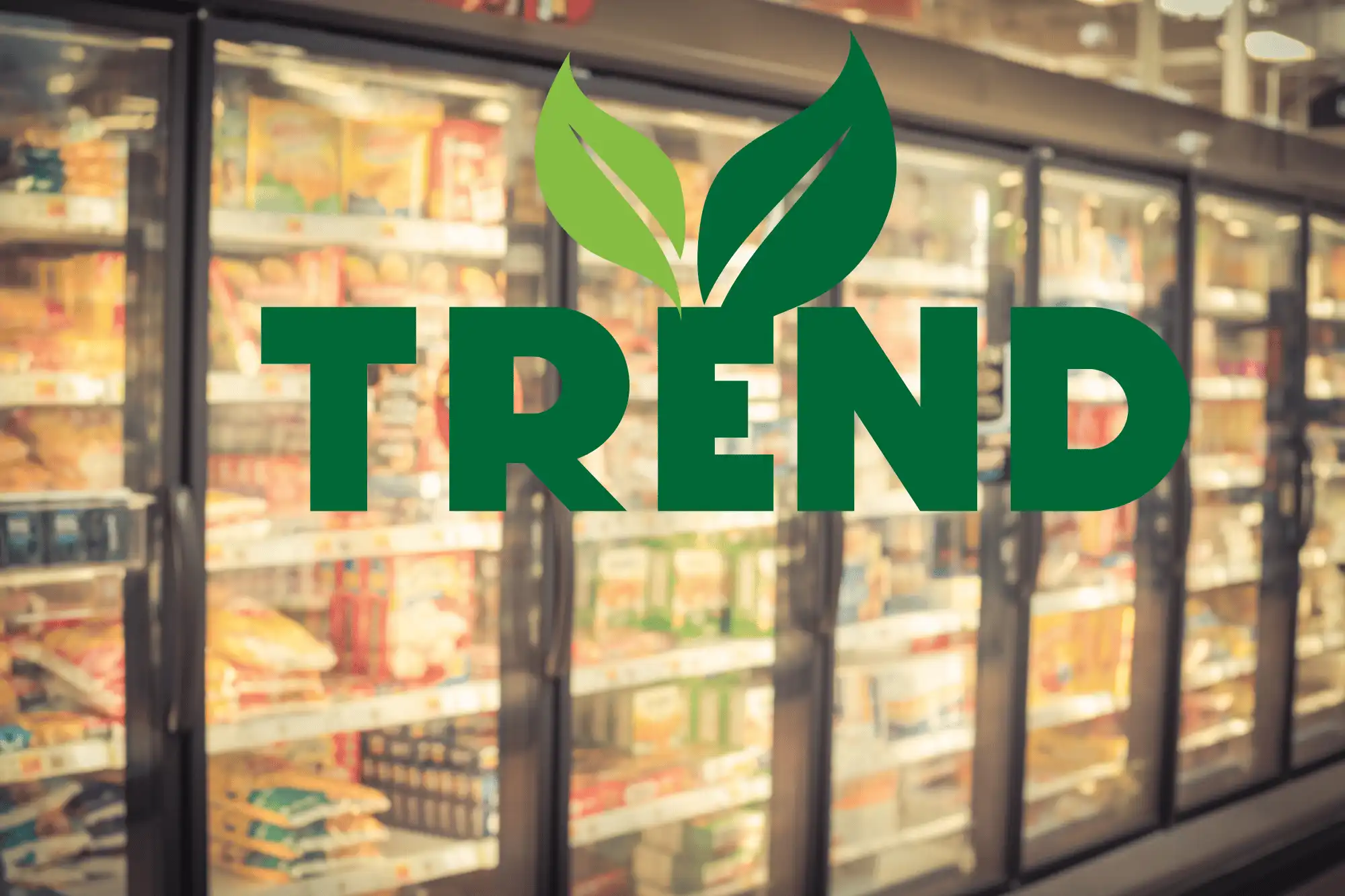In the evolving landscape of cold chain logistics, the trend towards reusable thermal packaging solutions is gaining significant momentum. Traditionally, cold chains relied heavily on single-use systems powered by electrically driven mechanisms. However, a shift can be seen towards the use of passive cooling methods combined with reusable materials. This movement is driven by heightened environmental concerns and the demand for sustainability within the industry. Companies, particularly those in the life sciences sector handling pharmaceuticals and biologics, are actively seeking sustainable alternatives to traditional cold chain solutions.
Shift towards reusable thermal packaging
One of the primary forces behind the growing adoption of reusable thermal packaging in the cold chain is the increasing concern for the environment. Single-use packaging systems contribute significantly to waste and have a larger carbon footprint compared to their reusable counterparts. Companies are now prioritizing eco-friendly practices, recognizing the importance of sustainability in their operations. This shift is not just a trend, but a necessary evolution in response to global environmental challenges.
Coolpack’s contribution
Coolpack is an important player in the cold chain logistics sector that has embraced this sustainable approach. We offer reusable thermal solutions in addition to traditional once-only packaging solutions. This strategic move addresses both environmental concerns and the practical needs of our customers. By offering reusable options, Coolpack helps to reduce waste and create a more sustainable solution for the transportation of high-value, temperature-sensitive products.
Benefits of reusable thermal packaging
Reusable thermal packaging solutions are not only environmentally friendly, but also cost-effective. Although the initial investment may be slightly higher compared to single-use systems, the long-term savings are substantial. Reusable containers can be used multiple times, reducing the need for constant repurchasing and disposal. This cost-effectiveness makes them an attractive option for companies looking to optimize their logistics operations.
Integration of advanced technologies
Advanced technologies play a crucial role in enhancing the efficiency of reusable thermal packaging. The integration of IoT devices, sensors and data analytics allows for precise monitoring of temperature conditions during transit. These technologies enable companies to ensure that their products are transported under optimal conditions and maintain their quality and efficacy.
Future prospects for reusable thermal packaging
The adoption of reusable thermal packaging aligns with global sustainability goals and environmental regulations. Companies that embrace this trend not only contribute to environmental preservation, but also position themselves as leaders in sustainable practices. This alignment with sustainability goals enhances their reputation and appeal to environmentally conscious consumers.
Continued innovation and development
The future of reusable thermal packaging in the cold chain looks promising, with continued innovation and development on the horizon. Companies are investing heavily in research and development to create more efficient, durable and cost-effective reusable solutions. This ongoing innovation is expected to drive the further adoption of these products and to set new standards in the cold chain logistics industry.
Shift towards sustainability
The growing adoption of reusable thermal packaging in the cold chain represents a strategic shift towards sustainability and eco-friendly practices. At the same time, it meets the demand for enhanced visibility and control in the transportation of high-value, temperature-sensitive products. As environmental concerns continue to drive change, companies like Coolpack are leading the way with innovative solutions that prioritize both sustainability and operational efficiency. The shift towards reusable thermal packaging is not just a trend, but a transformative approach that aligns with global efforts for a greener future.











